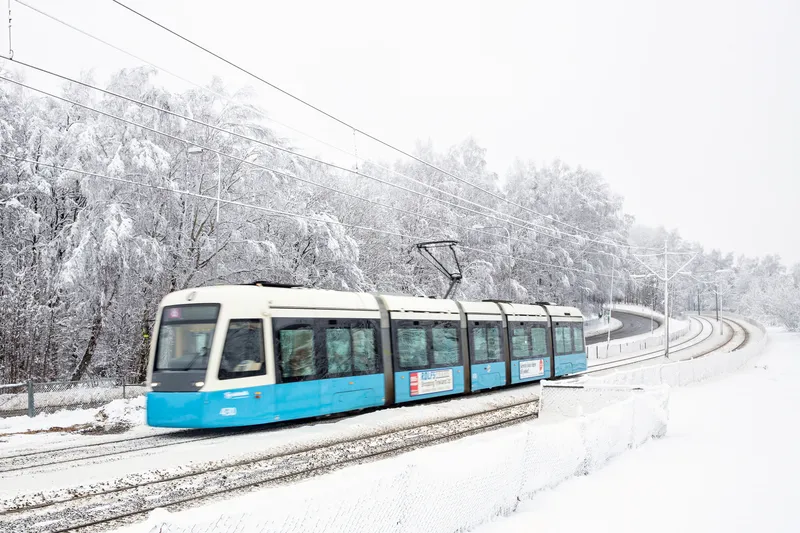Init has partnered with US mobile ticketing provider Bytemark in the implementation of a ticketing project for Capital Metro in Austin, Texas.
Bytemark’s new mobile ticketing app, CapMetro, incorporates a QR code and has been implemented across all its services. The QR code is read by Init ProxMobil2 readers installed on the new MetroRapid bus rapid transit (BRT) buses. Verification of QR-based tickets is certifiable by fare inspectors using hand-held devices or visually verified by vehicle operators.
February 19, 2014
Read time: 2 mins
RSS511 INIT has partnered with US mobile ticketing provider 7877 Bytemark in the implementation of a ticketing project for Capital Metro in Austin, Texas.
Bytemark’s new mobile ticketing app, CapMetro, incorporates a QR code and has been implemented across all its services. The QR code is read by INIT ProxMobil2 readers installed on the new MetroRapid bus rapid transit (BRT) buses. Verification of QR-based tickets is certifiable by fare inspectors using hand-held devices or visually verified by vehicle operators.
ProxMobil2 validators are positioned at all three doors on board the MetroRapid buses and communicate with the back office systems through a mobile access router that was installed as part of the project. The INIT and Bytemark back office systems are integrated to provide near real-time transmission of ticket information to and from the ProxMobil2 readers. This provides a seamless ticketing transaction process for Capital Metro and their customers.
“We are pleased to be partnering with Bytemark and INIT to provide this leading edge service to our customers in Austin,” said Capital Metro vice president and chief information officer Joe Iannello. “INIT’s ProxMobil2 readers are performing very well for us on our MetroRapid vehicles.”
Bytemark’s new mobile ticketing app, CapMetro, incorporates a QR code and has been implemented across all its services. The QR code is read by INIT ProxMobil2 readers installed on the new MetroRapid bus rapid transit (BRT) buses. Verification of QR-based tickets is certifiable by fare inspectors using hand-held devices or visually verified by vehicle operators.
ProxMobil2 validators are positioned at all three doors on board the MetroRapid buses and communicate with the back office systems through a mobile access router that was installed as part of the project. The INIT and Bytemark back office systems are integrated to provide near real-time transmission of ticket information to and from the ProxMobil2 readers. This provides a seamless ticketing transaction process for Capital Metro and their customers.
“We are pleased to be partnering with Bytemark and INIT to provide this leading edge service to our customers in Austin,” said Capital Metro vice president and chief information officer Joe Iannello. “INIT’s ProxMobil2 readers are performing very well for us on our MetroRapid vehicles.”









